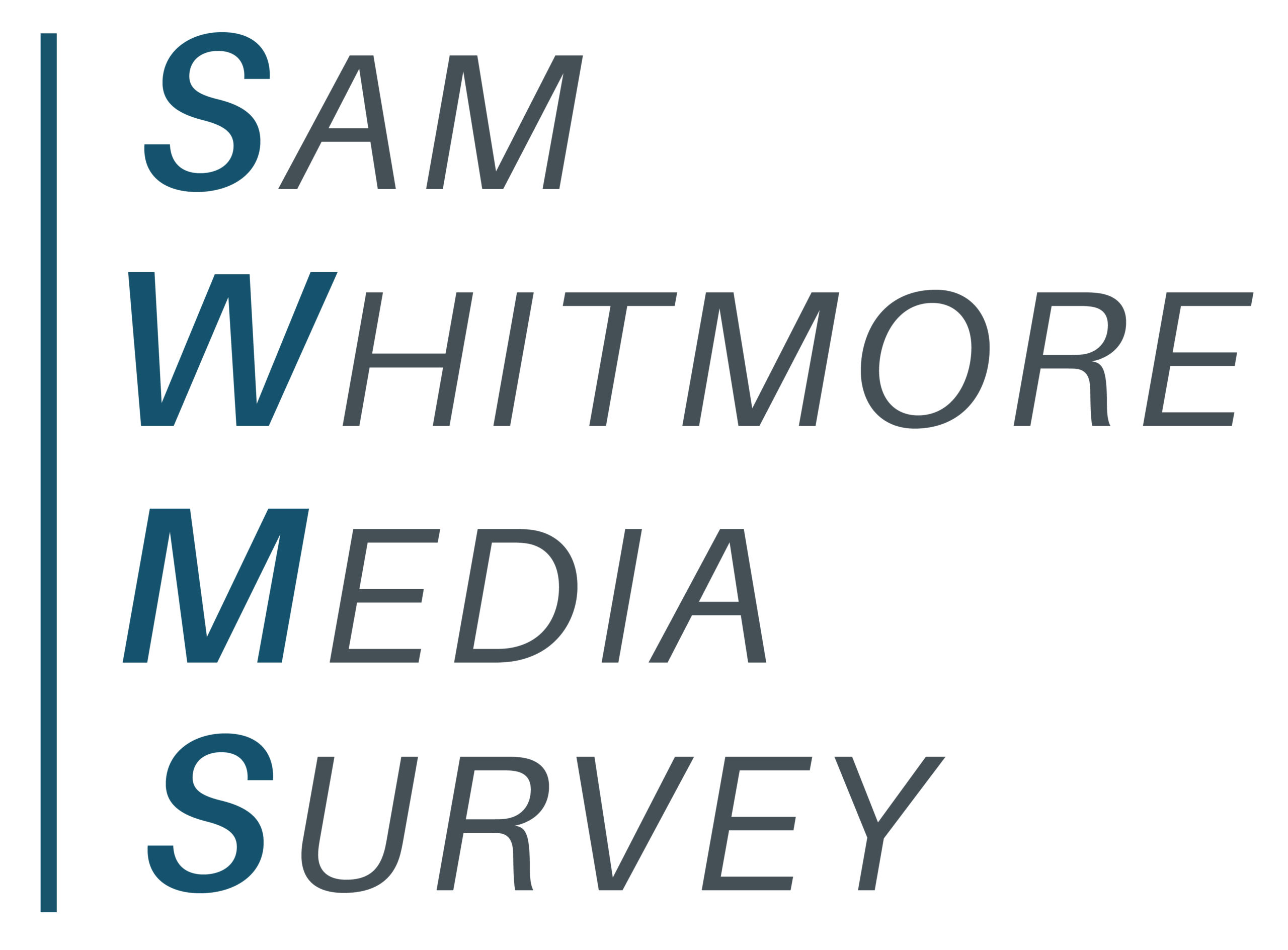
Deep-Dive: Tim Keary, VentureBeat
After becoming a VentureBeat freelancer last month, Tim Keary wrote 41 stories in 42 days. With rare exception, the articles focused either on a product announcement or a funding round. Dozens of companies saw their news covered thoroughly — in a context useful to buyers.




 [SWMS contributor Rachel Odenweller writes:] Historically, few of us have thought much about data privacy, either from a personal perspective or the perspective of clients. But in 2020 privacy came into focus with several data breaches, fears of government surveillance and the continuing saga of Big Tech regulation challenges.
[SWMS contributor Rachel Odenweller writes:] Historically, few of us have thought much about data privacy, either from a personal perspective or the perspective of clients. But in 2020 privacy came into focus with several data breaches, fears of government surveillance and the continuing saga of Big Tech regulation challenges. [SWMS contributor Rachel Odenweller writes:] As logic would suggest, the more we rely on data, the more at risk we are for cyber attacks. In addition to the myriad struggles 2020 presented us with, it was also the most active year for cybercrime. Reports suggest that cybercrime rates during COVID-19 — from ransomware to phishing — have spiked at rates between 40 and 400 percent.
[SWMS contributor Rachel Odenweller writes:] As logic would suggest, the more we rely on data, the more at risk we are for cyber attacks. In addition to the myriad struggles 2020 presented us with, it was also the most active year for cybercrime. Reports suggest that cybercrime rates during COVID-19 — from ransomware to phishing — have spiked at rates between 40 and 400 percent. Podcasting is more than 15 years old now and tracking the good ones is darn near impossible but we’ll try anyway. Here’s a list of 26 media brands that offer at least one tech podcast, and another 18 indie tech podcasts worth listening to and pitching. We also point you, more broadly, to hundreds more.
Podcasting is more than 15 years old now and tracking the good ones is darn near impossible but we’ll try anyway. Here’s a list of 26 media brands that offer at least one tech podcast, and another 18 indie tech podcasts worth listening to and pitching. We also point you, more broadly, to hundreds more.